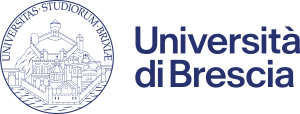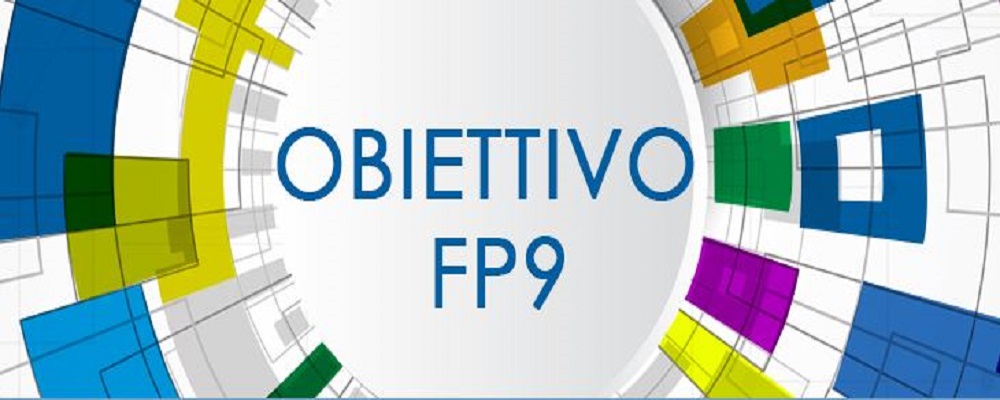Over 500 people from all over Italy, including Dr. Chirico of the Research and Technology Transfer Service of our University, participated on 12 March 2019 in the event organized by the University of Ferrara, in close collaboration with APRE, Aster and Emilia-Romagna Region, dedicated to the next framework program of the European Union on research and innovation.
Among those present were not only professors and researchers, but also companies and large industrial groups, government organizations, all interested in knowing the news of the new European programming currently being defined in recent months.
More funding (100 billion euros), more impact and more contact with citizens: these are the demands for Horizon Europe, the next framework program 2021-2027, a program that intends to “create wealth with knowledge” as was reiterated both by Renzo Tomellini (presentation), Head of Research and Innovation of the European Commission, which by Patrizio Bianchi, Councilor of the Emilia-Romagna Region. To increase the impact of these research programs, “missions” have been introduced, with the aim of financing projects in areas of particular social relevance such as cancer, reduction of the impact of CO2, water and soil health.
Fabio Donato, of the Italian Representation to the EU and teacher of Unife, explained how Italy is working on the negotiation to close the agreement on Horizon Europe: “Italy is strongly present and has had a very incisive role, both in the a technical part that in the political-institutional sphere and in all locations our country was present and expressed strong positions. It is an activity of rapprochement between Brussels and Italy, done in synergy with all the Italian research institutes, which are active and present, contributing to influence the debate: we are becoming a system and we are bringing the requests in a shared way to the Council European, for the protection of Italian interests in a long-term logic, to strengthen Italian positioning. Italy is now a strong and recognized interlocutor, capable of expressing vision because it has deep roots in Europe “.
Francesco Profumo, President of the Compagnia di San Paolo Foundation: “The mission is a way of representing a portfolio of projects, they are great challenges to be faced for the life of citizens. The point is to measure the impact, through the definition of the indicators. The European Union has had in recent years a communication problem, which had to go beyond institutional goals, and be able to “warm the hearts” of our citizens. We must be able in this, changing our approach “.
Nicoletta Amodio of Confindustria: “It is clear that it is important to make research closer to citizens, communicating it effectively but without trivializing. Strategic themes are being identified, which can have repercussions. We must not be afraid of the new approach to the research program, but be involved in it; missions serve to better focus objectives. The difference between past and future European programming is to move to a participatory logic, work together to propose and define the new framework program. We must seize the opportunity behind the need to move to the missions, requested by the European Commission, it is in a perspective of improvement that we must all work together. We are working to help companies build industrial partnerships by strengthening the supply chains “.
Luciano Catani of the MIUR, Ministry of Education, University and Scientific Research: “We must try to identify the national priorities on which to invest as a country, such as the risks of natural disasters that are an issue that constantly concerns us. Even the National Research Plan can adhere to the mission approach if we see that it is an effective way ”.
The morning continued with a round table, coordinated by the Director of Aster Marina Silverii, entitled “Universities, research institutions and the region together in Europe for a real innovation” which saw the University of Bologna, Modena and Reggio Emilia, Parma enter into dialogue and the CNR.
Councilor Bianchi concluded by underlining the importance of the system approach that the Emilia-Romagna Region has been supporting for some time thanks to the presence in Brussels and the joint work of all the active players on research and innovation.


